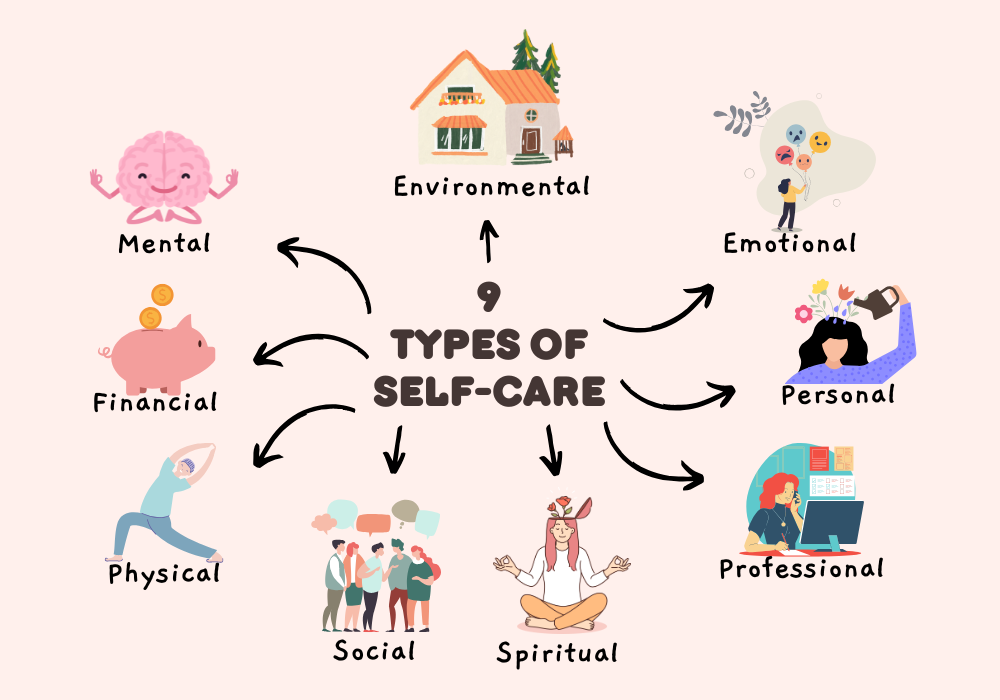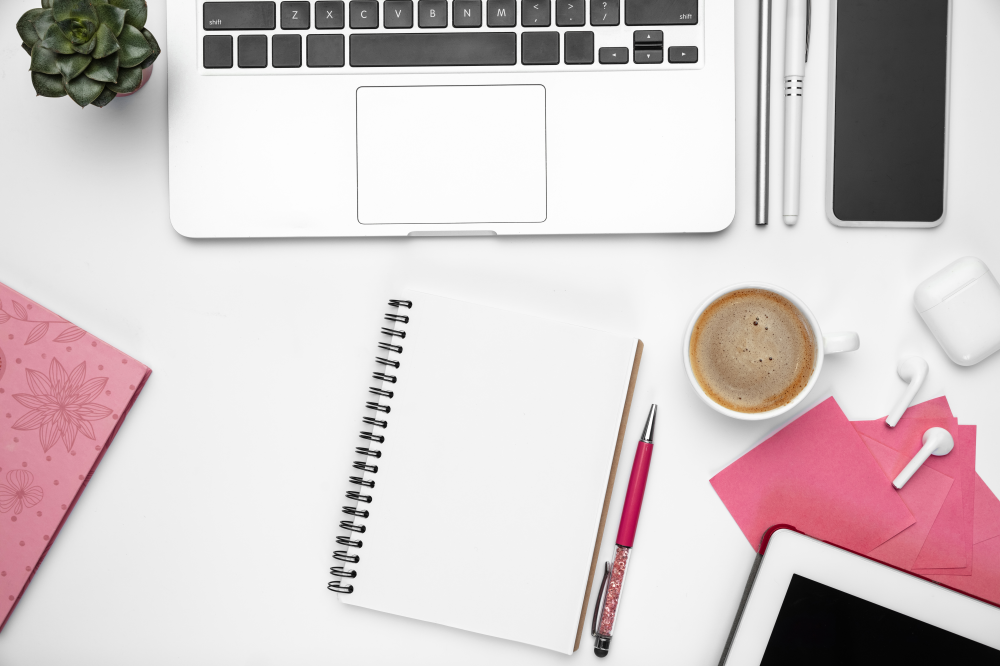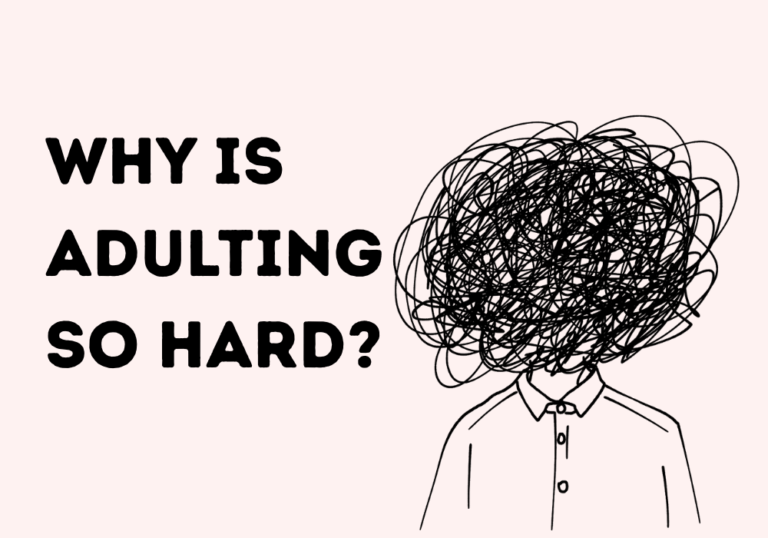In today’s fast-paced world, distractions seem endless—emails, meetings, cluttered desks, and overwhelming to-do lists can leave you feeling drained and unproductive. If this sounds familiar, you’re not alone. The good news? Minimalism offers a powerful solution.
Minimalism isn’t just about decluttering your closet or having fewer possessions; it’s a lifestyle shift focused on simplifying your space, schedule, and mindset. By removing the unnecessary, you create room to focus on what truly matters. This approach can help you stay organized, boost your productivity, and bring clarity to your daily tasks.
Ready to make life easier and get more done? Let’s explore how minimalism Can Improve Your Productivity, help you focus, get more done, and make life a lot more chill.
What is minimalism?
Minimalism is more than owning fewer things—it’s a mindset that focuses on intentional living. By simplifying your environment, commitments, and thoughts, you free up space for clarity and purpose. It’s about prioritizing what truly matters, whether it’s meaningful work, personal growth, or relationships, and letting go of distractions and clutter.
This lifestyle philosophy encourages you to focus on quality over quantity and clarity over chaos. When your space and mind are free from unnecessary distractions, you can think more clearly, make better decisions, and boost productivity. Minimalism isn’t just about decluttering your home; it’s about creating a balanced and peaceful environment where you can thrive.
How does minimalism make you more productive?
Don’t let distractions hold you back from reaching your goals and living your best life. Here are 10 ways minimalism can boost your productivity:
1-Declutter Your Space:
Did you know clutter can spike your stress levels and make it harder to focus? A messy workspace or overloaded schedule can overwhelm your mind and hinder productivity. Start by decluttering your desk—remove anything that isn’t essential and organize your tools for easy access. Create an organization system that works for you, using bins, shelves, or containers to keep things neat and functional. Removing unnecessary items from your workspace or home can immediately boost your focus and set the stage for a more productive day.
“Studies show that an organized environment not only reduces stress but also enhances creativity and efficiency. When your space is clear, your mind can focus better, setting you up for a productive and stress-free day.
Related: 12 Easy Ways To Declutter Your Mind
2-Say No to Multitasking(Focus on One Thing at a Time):
Multitasking might seem like the ultimate productivity hack, but it’s a hidden time-waster. Studies show that switching between tasks can reduce efficiency by up to 40% and drain your mental energy. Instead, embrace single-tasking—a principle rooted in minimalism. By giving your full attention to one task before moving on to the next, you can boost concentration, spark creativity, and accomplish more in less time.
Related: 7 Tips for Saying No Effectively
Related: 12 Time Wasters You Need to Avoid for a Better Life
3-Prioritize Tasks:
Minimalism encourages you to prioritize tasks and projects based on their importance and impact. Make a to-do list with clear priorities and set deadlines for each task. Focus on completing high-impact tasks first before moving on to less important ones. By prioritizing your workload, you can ensure that you are investing your time and energy where it matters most. This can lead to increased productivity and a sense of accomplishment.
4-Simplify Your To-Do List:
Overloading your to-do list can feel stressful and unmanageable. Instead, focus on three (to five at most) key tasks each day. This keeps your goals clear and achievable. Completing them gives your brain a dopamine boost ( a “feel-good” brain chemical), making you feel accomplished and motivated to tackle the next day.
Related ➡Stay organized and crush your to-do list! Grab your 2025 Printable Planner “here“.
5-Set Boundaries:
Another important aspect of minimalism is setting boundaries. Learn to say no to tasks, projects, or commitments that do not align with your goals or values. By setting boundaries, you can prevent burnout and focus on what is truly important to you. Establish clear boundaries with your time, energy, and attention to maximize your productivity.
6-Set Clear Goals:
Minimalism makes it easier to define and focus on what truly matters. Begin by setting clear goals—both short-term and long-term. Break them into small, actionable steps and create a simple plan to achieve them.
This approach keeps you focused, motivated, and aligned with your productivity objectives. Don’t forget to regularly review your goals and adjust as needed to keep making progress. Minimalism helps you stay on track and move forward with purpose!
Related: How to Set Goals and Achieve Them? 10 Tips for Success
7-Create a Morning Routine:
Start your day with structure to feel calm and in control. Incorporate activities like exercise, meditation, a healthy breakfast, or planning your day’s priorities. A solid morning routine lays the foundation for a productive day ahead.
Related: Productive Morning Routine: 13 Tips to Start Your Day Right
8-Limit Digital Distractions:
Simplify your digital world to boost productivity. Too many tabs, constant notifications, and cluttered inboxes can overwhelm your mind. Start by limiting the number of open tabs on your computer, turning off non-essential notifications, and unsubscribing from unnecessary email lists. Clear out unused apps, delete outdated files, and organize your digital space to make it easier to focus and stay efficient. Minimalism isn’t just for your physical space—it’s for your devices too!
9-Unplug and Refocus:
Constant screen time and excessive media consumption can drain your energy and distract you from what matters most. Practicing a digital detox is a great way to recharge. Schedule regular breaks from devices to engage in meaningful offline activities like reading, journaling, or enjoying nature. Additionally, set boundaries for your daily media use to avoid procrastination and free up time for pursuits that align with your goals.
By minimizing digital distractions and focusing on purposeful actions, you can reduce stress, enhance your well-being, and approach your tasks with renewed clarity and energy.
Related: 8 Tips For Healthy Social Media Habits
Related: How To Overcome Procrastination: 12 Tips To Boost Focus
10-Practice Self-Care:
Taking care of yourself is essential to for maintaining productivity. Make time for things that recharge you, like exercising, doing hobbies you love, or just relaxing.
When you prioritize self-care, you avoid burnout, improve your focus, and stay productive for longer. Remember, self-care isn’t taking a break—it’s what keeps you going strong!
Related⬇

11-Streamline Your Decisions:
Too many choices can wear you out—this is called decision fatigue, draining your mental energy and lowering your productivity.
Adopting minimalism helps by simplifying your routines and reducing unnecessary choices. For example, plan your day the night before—choose your outfit, prepare your meals, and outline your key tasks in advance. By removing these small, repetitive decisions, you conserve mental energy and maintain focus on more important priorities, ultimately enhancing your productivity.
Related: Decidophobia: Causes, Symptoms, and 16 Ways to Overcome It
12-Turn Minimalism into Habits:
To maintain the benefits of a minimalist lifestyle, build good habits. Clean as you go to keep your space clutter-free, and regularly review your schedule to avoid overcommitting. By making minimalism part of your daily routine, you’ll naturally stay more organized and productive.
13-Be Flexible:
A minimalist mindset helps you adapt to unexpected changes. Build flexibility into your day so you can handle last-minute tasks or new opportunities without stress. And don’t worry if you veer off schedule—being adaptable is part of staying productive.
14-Reprogram Your Mindset:
Train your brain to embrace minimalism by shifting your focus away from material possessions. This reduces time spent decluttering and eliminates unhealthy comparisons with others. True happiness comes from experiences, not things.
15-Cultivate a Growth Mindset:
A growth mindset is key to improving yourself and reaching your goals. It means seeing challenges as opportunities, learning from mistakes, and staying open to growth. By embracing this positive outlook, you build resilience, boost creativity, and increase productivity.
Minimalism complements a growth mindset by helping you focus on what matters most—your progress and potential. Let go of perfectionism and embrace the journey of learning and self-improvement. Every step forward counts!
Related: 12 Steps to Cultivate Your Growth Mindset
16-Practice Gratitude:
Gratitude is a powerful aspect of minimalism. When you focus on what you have instead of what you lack, you shift your mindset from scarcity to abundance. Take a few moments each day to reflect on what you’re grateful for—your health, relationships, accomplishments, or even small joys.
Practicing gratitude fosters a positive outlook, reduces stress, and boosts motivation. It’s a simple yet impactful way to bring purpose and focus into your daily routine. Incorporating gratitude into your life is a meaningful step in your “how minimalism can improve your productivity” journey.
Related➡ “Embrace positivity and gratitude daily! Get your Gratitude Journal “here“
17-Stay Present with Mindfulness:
Mindfulness is a core aspect of minimalism that helps you stay focused and fully engaged in the moment. Instead of juggling multiple tasks, give your full attention to one task at a time. This approach reduces stress, sharpens your focus, and boosts your productivity.
To practice mindfulness, try incorporating activities like meditation or deep breathing exercises into your daily routine. These simple habits can help clear your mind, enhance concentration, and make it easier to tackle your goals with a calm and centered mindset.
Conclusion
Minimalism isn’t just about owning less—it’s about concentrating on what truly matters. By clearing away distractions and simplifying your life, you can get more done without feeling overwhelmed.
Once you try it, you’ll see how minimalism can improve your productivity and make your life way less stressful.
So, are you ready to embrace minimalism and skyrocket your productivity? Let’s get started today!








